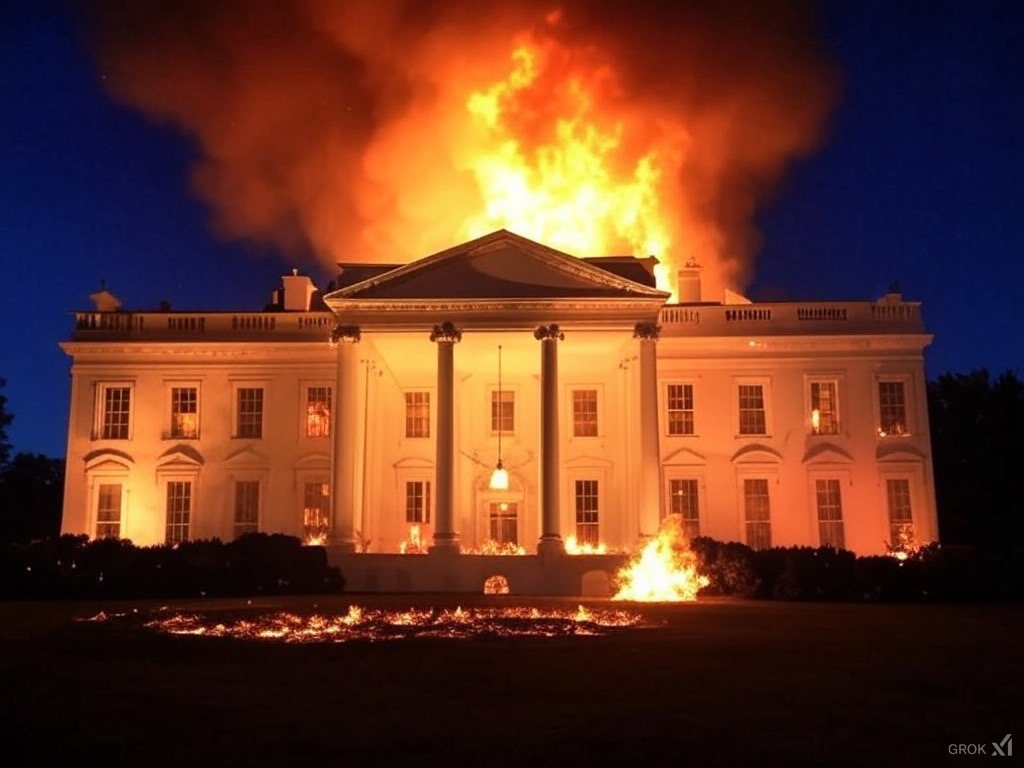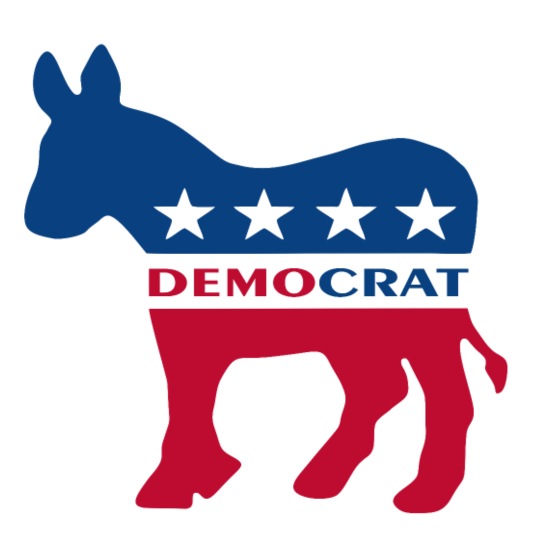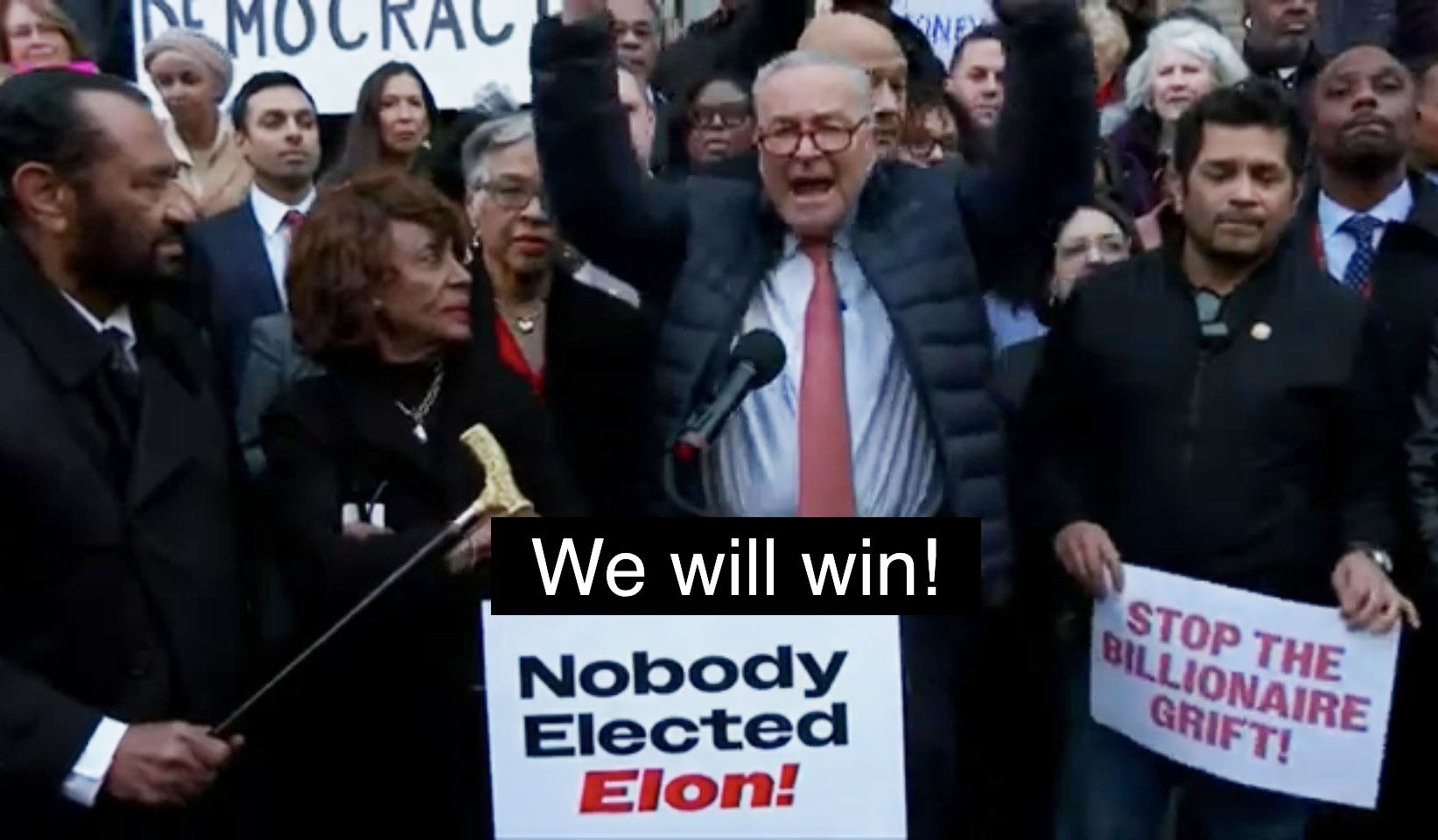Staff writer Dennis W. Parks explores the legalization of marijuana

By: DENNIS W. PARKS
Staff Writer
For around 50 years, parents, teachers and various government agencies have been telling us that smoking marijuana is a bad thing. Studies indicate that its use leads to the use of stronger, more addictive drugs; an increase in crime in attempts to pay for marijuana and health risks that negatively effect brain function and memory. What made marijuana okay, all of a sudden? What changed?
Nothing. Mother Nature did not take the artificial coloring out of grass or the pesticides out of weed. It is still the same stuff that it has always been. Other than eliminating some possession charges, making marijuana possession legal does not make it less harmful.
In a country where cigarette smoking has been legal since our founding fathers signed the Constitution, it is being increasingly regulated and/or eliminated, it seems incredibly strange to foresee a vote on legalization of marijuana. Whether their first cigarette was while in the military or as a stressed-out teen, many smokers agree that a cigarette relaxes them. Perhaps it does. I cannot imagine anyone smoking for the thrill of having COPD or other illnesses connected to smoking. Smoking tobacco can certainly lead to smoking marijuana. Would this serve as proof that marijuana use could lead to use of more addictive drugs?
Is it possible that legalized marijuana use would curb the use of other potentially more dangerous drugs such as heroin, cocaine and meth? I do not believe anyone is going to say, “No, I don’t want to get any higher than where marijuana will take me.” What happens if legalized marijuana is combined with legal limits of booze?
How will legalization affect neighborhood crime, organized crime and governmental corruption? The first day that marijuana was legal in Colorado, consumers were paying close to $400 per ounce before taxes according to several reports on national news outlets and the Internet. How long does that ounce last? Once it is wrapped in paper and set on fire, I doubt the lifespan of anything combustible lasts very long. Will a $400 purchase get you through until next week or the next day? Lots of hardworking people in well paying jobs do not have that kind of discretionary income, much less anyone in less elite positions.
While it may not be easy to get a job that pays for that kind of lifestyle, some people might find it easy enough to steal to live it. I do not believe anyone steals car stereos just to put that same stereo in their ride.
Opponents say marijuana should not be legal, while proponents say to make it legal and tax it. Colorado lawmakers have imposed a 15-percent wholesale and 10-percent retail tax on marijuana. In Washington State, the tax is 25 percent across the board. The potential for tax revenue may sound good to many. However, you can bet where there are tax dollars, there will be corruption. Will black marketers attempt to persuade licensed retailers to buy from them in order to avoid taxation? Who will be in charge of collecting those taxes and who will be holding them accountable? If you think our government is corrupt now, can you imagine what it will be when there is an influx of drug money to control? Whenever someone is making easy money, they will go to extremes to get what they feel is his or her cut.
While long-term effect studies of marijuana use have yet to prove or disprove possible health risks, how can a natural plant be regulated? Booze can be tested for its alcohol content quite easily. Will there be government inspectors to certify the level Tetrahydrocannabinol (THC) of marijuana? What level should be acceptable for public marketing? What if the product was more potent than advertised? What happens if someone overdoses or dies from complications on marijuana purchased from a state certified retailer? Has drug use directly or indirectly claimed the life of a friend or relative?
Countless dollars have been spent speaking of the risks of marijuana use. Does making marijuana possession legal really make it less dangerous? Can our society afford to get high, even if it is legal? The answer to both of these questions is a resounding “No.”











